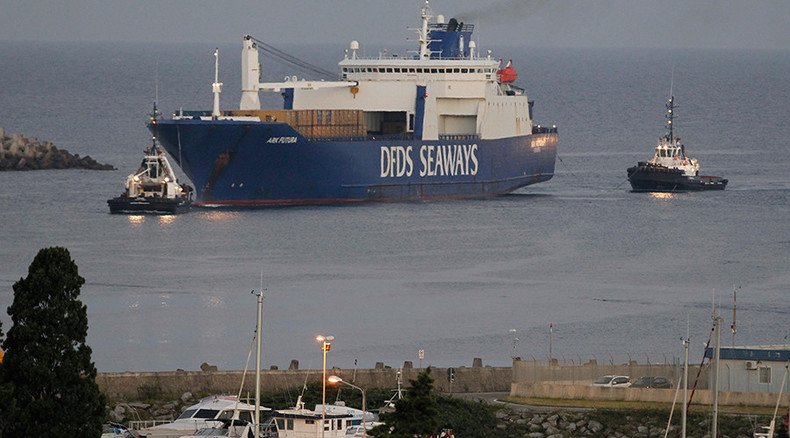Chemical weapons in Syria: Who is guilty?

Against the background of many complex events occurring in the Middle East, the West continues to accuse the Syrian government on a regular basis of using chemical weapons against its own population.
And this is taking place in spite of the well-known fact that the process of chemical demilitarization of Syria has been actually completed, and all chemical weapons were removed from the country long ago.
It is worth mentioning in this regard that the Organization for the Prohibition of Chemical Weapons (OPCW) has admitted that only one percent of toxic substances removed from Syria remains to be destroyed at a commercial facility in the United States. As for the Syrian chemical weapons production facilities, it has been confirmed that 11 of the 12 sites have already been destroyed, and the remaining one is inaccessible to the government because of the current situation on the ground.
Despite this, our Western partners keep claiming that the Syrian government had initially submitted an incomplete declaration of the existing chemical weapons. However, they forget to mention that Damascus has agreed, as a gesture of goodwill, to establish a special OPCW mission for the verification of its initial declaration, although according to the Chemical Weapons Convention they were not obliged to do so. This mission is still working, and final conclusions have yet to be made.
There is a real concern that, according to available data, Islamic State (IS, formerly ISIS/ISIL) has acquired access to technologies for chemical weapons production, the relevant documentation and production facilities. Reportedly, there have already been numerous chemical weapons attacks by IS militants in both Syria and Iraq. Moreover, there is evidence of them using not only chlorine but “real” chemical weapons – mustard gas and possibly lewisite, the production of which, by the way, requires rather sophisticated technologies.
In these circumstances, it is extremely important that the mandate of the OPCW Fact-Finding Mission in Syria investigating possible use of toxic chemicals be extended to the territory of Iraq. A few weeks ago the Russian side prepared and introduced a UNSC draft resolution for this matter. Unfortunately, despite our repeated and persistent attempts the Security Council so far has failed to respond to those facts, primarily because of the position of our Western partners. In this regard, one can only wonder about the logic of the West, which declares its willingness to combat Islamic State, but at the same time does not bother to raise a finger to prevent this group from developing and using prohibited weapons.
The statements, views and opinions expressed in this column are solely those of the author and do not necessarily represent those of RT.













